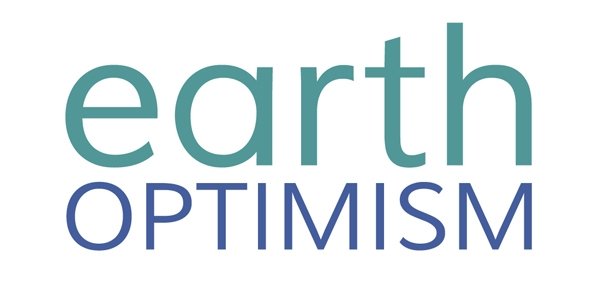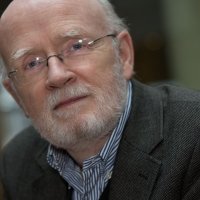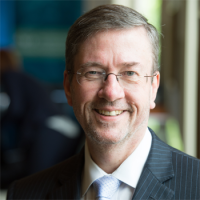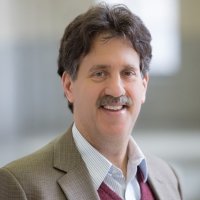The Ocean: Turning a Climate Change Problem Into a Solution
Healthy Oceans are a crucial component in regulating the climate on the planet. Although pollution, overfishing and acidification has seriously affected the health of ocean ecosystems, the ocean can also be a source of innovation and optimism in mitigating the effects of climate change by absorbing heat and carbon. The solutions range from blue carbon stored in coastal and marine ecosystems or underneath the sea, reviving and protecting coral reefs, to a sustainable use of marine sources.
Join us for a transatlantic conversation during the Smithsonian's Earth Optimism Week on April 19, 10AM ET/ 4PM CET with American and European experts on how ocean solutions can combat climate change. This conversation is part of a transatlantic green initiative organized by the Global Europe Program and European Embassies in Washington D.C.
Quotes
Hans-Otto Pörtner, Researcher of Marine Ecophysiology, Co-chair Working Group II IPCC
“We should be treating the ocean similar to, or the same as, land, because in many ways we have similar issues for both systems.”
“When we respect the law of chemistry and physics and biology on the planet, there is no compromise on reaching our emission goals.”
Jenny Brown, Coastal Oceanographer, National Oceanography Centre, UK
“We have to maintain habitat – the more we’re building at the coast, the more we’re losing at the coast, and people are starting to see that.”
“We’re moving away from concrete (coastal) defences and we’re starting to look more at nature-based solutions – they can provide multiple benefits. Nature-based solutions can provide habitats, but they also act as carbon sinks as we aim to move towards a net zero in carbon emissions.”
Mark Driessen, Manager of Public Affairs, Stakeholder Management, and Communications, Porthos Rotterdam
“If you look at our targets, the first target is set for 2030 and the next 2050. Sometimes people think it’s a long time away, but I think people underestimate how quickly it will be 2050.”
“To give you an indication of the opportunity that lies underneath the North Sea (…) only in the Dutch part of the North Sea, there’s an estimated 1600 million tons of storage capacity available, that can be used for CO2.”
“Only invest in CCS (Carbon capture and storage) if you also invest in all the other technologies, in the real transition technologies. CCS, as I try to explain, is here for a short time to stay within the carbon budget, but of course it doesn’t change the fossil system as such.”
Denis Allemand, Coral Biologist, Scientific Director, Centre Scientifique de Monaco
“Similar to a brain challenge such as the conquest of the moon, the Apollo 11 mission, this is a similar challenge. Save the reef, save an ecosystem – or go to the moon.”
“Natural based solutions are effectively more interesting, not only for environmental conditions, but also because most of these ecosystems like seagrass, mangrove and so on are also zoned for carbon sinks. By protecting or restoring these ecosystems, not only will you be able to protect the coast from erosion, but also to build natural carbon sink ecosystems.”
Co-sponsors


Speakers




Introduction

Moderator

Hosted By

Global Europe Program
The Global Europe Program is focused on Europe’s capabilities, and how it engages on critical global issues. We investigate European approaches to critical global issues. We examine Europe’s relations with Russia and Eurasia, China and the Indo-Pacific, the Middle East and Africa. Our initiatives include “Ukraine in Europe”—an examination of what it will take to make Ukraine’s European future a reality. But we also examine the role of NATO, the European Union and the OSCE, Europe’s energy security, transatlantic trade disputes, and challenges to democracy. The Global Europe Program’s staff, scholars-in-residence, and Global Fellows participate in seminars, policy study groups, and international conferences to provide analytical recommendations to policy makers and the media. Read more
